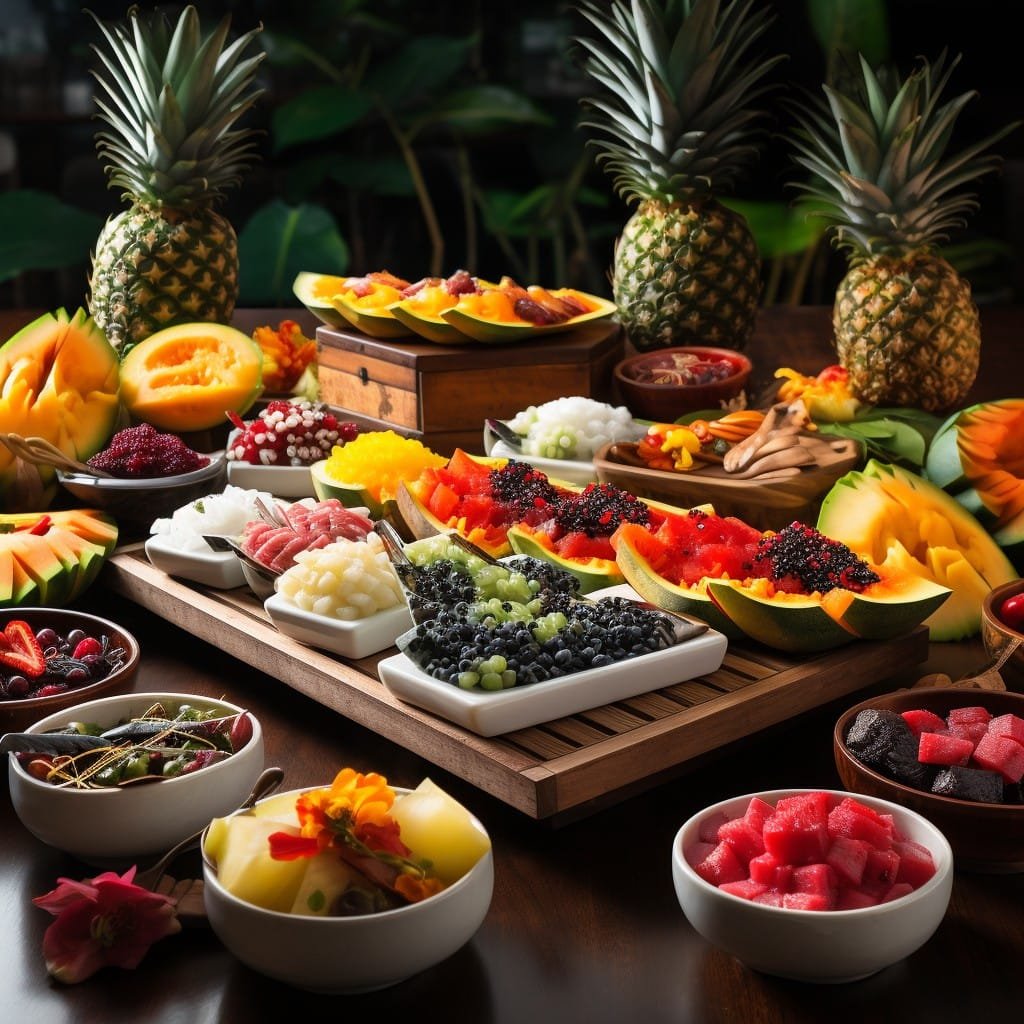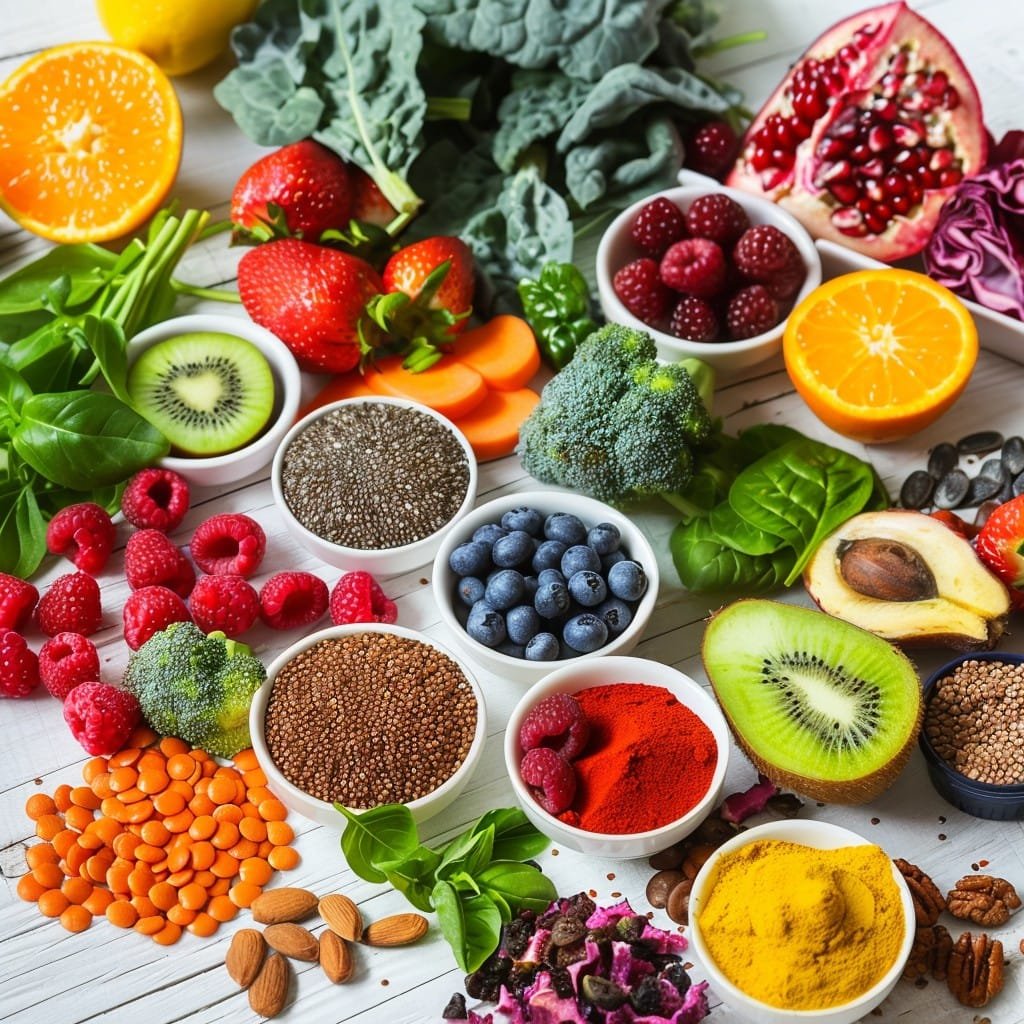
Nutrition Tips for Seniors: As we age, maintaining strength and vitality becomes increasingly important. Nutrition plays a pivotal role in achieving these goals. For seniors, a well-balanced diet can aid in muscle preservation, support bone health, and boost overall well-being. Here are some essential nutrition tips tailored to help seniors build and maintain strength effectively.
Prioritize Protein Intake
Protein is the cornerstone of muscle health. As we age, the body’s ability to synthesize protein diminishes, making it crucial to consume adequate amounts. Aim for 1.0 to 1.2 grams of protein per kilogram of body weight each day. Good sources include:
- Lean meats: chicken, turkey, and fish
- Plant-based proteins: beans, lentils, and tofu
- Dairy products: Greek yogurt and low-fat cheese
- Nuts and seeds: almonds, walnuts, and chia seeds
Incorporating protein into every meal, especially after workouts, can maximize muscle recovery and growth.
Don’t Forget Healthy Fats
Fats are not the enemy; rather, they are essential for hormone production and nutrient absorption. Focus on healthy fats, such as:
- Avocados
- Olive oil
- Fatty fish: salmon and mackerel
- Nuts and seeds
These fats provide omega-3 fatty acids, which can help reduce inflammation and support joint health, making physical activity easier and more enjoyable.
Stay Hydrated
Dehydration is a common concern among seniors. As we age, the body’s thirst sensation diminishes, leading to reduced fluid intake. Staying hydrated is vital for muscle function and overall health. Aim for at least 8 cups (64 ounces) of water daily, and consider adding:
- Herbal teas
- Broths and soups
- Fruits and vegetables with high water content: watermelon, cucumbers, and oranges
Focus on Calcium and Vitamin D
Bone health is critical for maintaining strength and preventing fractures. Adequate calcium and vitamin D are essential. Adults aged 70 and older should aim for 1,200 mg of calcium and 800 IU of vitamin D daily. Sources include:
- Dairy products: milk, yogurt, and cheese
- Leafy greens: kale, broccoli, and bok choy
- Fortified foods: cereals, plant milks, and orange juice
- Sunlight: Aim for 10-30 minutes of sunlight exposure a few times a week, depending on skin type and climate.
Consider speaking with a healthcare professional about supplements if dietary intake is insufficient.
Include Fiber-Rich Foods
Fiber aids digestion and helps maintain a healthy weight, which is important for strength. Aim for 25-30 grams of fiber daily from sources such as:
- Whole grains: brown rice, quinoa, and whole-grain bread
- Fruits and vegetables: berries, apples, and leafy greens
- Legumes: beans, lentils, and peas
A fiber-rich diet can also help manage blood sugar levels and reduce the risk of chronic diseases.
Regular Meal Timing
As metabolism slows with age, meal timing becomes increasingly important. Eating smaller, more frequent meals can help maintain energy levels and prevent overeating. Consider:
- Three balanced meals a day with two healthy snacks
- Including protein in every meal to support muscle synthesis
- Planning meals around physical activity to optimize energy and recovery
Consider Nutritional Supplements
In some cases, dietary changes may not provide all the nutrients needed. Nutritional supplements can help fill these gaps, especially for seniors who may have dietary restrictions or difficulty consuming enough calories. Consult a healthcare provider before starting any supplements to ensure they are appropriate and safe.
Engage in Regular Physical Activity
While this is primarily a nutrition-focused article, it’s essential to note that nutrition and physical activity go hand in hand. Incorporating regular strength training exercises (at least twice a week) can help maintain muscle mass and improve overall strength. Combining resistance training with a nutrient-rich diet enhances results and promotes a healthier lifestyle.
Read More: 10 Fiber-Rich Foods That Can Help Relieve Constipation Naturally
Conclusion
For seniors, building and maintaining strength through nutrition is vital for enhancing quality of life. By prioritizing protein, healthy fats, and essential vitamins and minerals, seniors can ensure their bodies remain strong and resilient. Remember, small dietary changes can lead to significant improvements in health and vitality. Always consult with a healthcare professional before making any major changes to your diet or exercise routine to ensure they meet your individual needs.
By embracing these nutrition tips for seniors, they can enjoy a stronger, healthier life, paving the way for continued engagement in activities they love.







